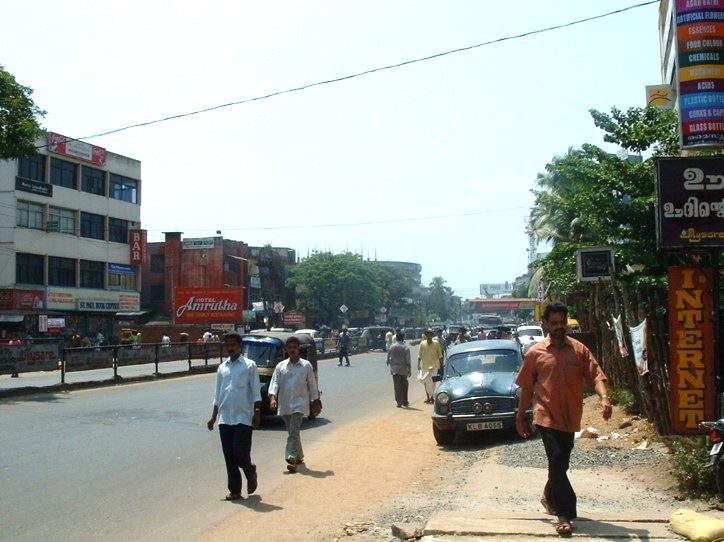
Bible:
Prelude:
After Nepal, my desire was to learn more about palliative medicine. My husband said, "We have been moving wherever I wanted to, now it is your turn!” He arranged for me to take a diploma in palliative medicine by correspondence at Edith Cowan University in Australia, which he also took the course with me.
The theory course was offered by correspondence, and the practical portion was offered either in Australia or at Calicut University in Kerala, South India. We decided to go to Kerala because my husband's master’s thesis in tropical medicine and public health in London was on community medicine in Kerala and it was also less expensive.
Calicut in Kerala State, India
Our third son, Norimichi was in his final year of high school, so we searched for an international school with boarding facilities on the interent. It was in Hakata City, Fukuoka Prefecture, Kyushu.
Before we could leave for Kerala, the three of us needed to rent housing close to the school, but it was difficult to find a real estate agency that had an apartment we liked. We were exhausted walking around town, but we found a small estate agency. We thought there was no way we could find anything we liked in such a small agency, but we prayed, "Please help us find a good place!" We went there and found an apartment with the condition that the owner would be moving in 6 months, so we could stay until then. We were reminded once again that God hears even our smallest requests and does His best. I prayed "Lord! Forgive me for my small belief in you.”
Upon arriving in Calicut, we stayed in a 3-star hotel. There were no showers, but rather a large bucket of water that was stored and sprayed with a hand bucket. We had an air conditioner, and the room was comfortable. It was almost 40 degrees Celsius. As soon as we stepped out of the hotel we started sweating immediately.
The hotel's restaurant was popular and was full of customers at night. We ate breakfast and dinner in this hotel cafeteria, and all the food was delicious. I was especially fond of the butter naan and asked for it every time. Curry is the main dish on the menu, but there are many different kinds. We both loved curry.
The curry has high calories and so it made me gain a lot of weight.
Favorite lunch time during Home Care visits
Curry Set Meal at the Beech side restaurant.
My husband and I started our correspondence study. There was a library a 20-minute walk away, so we went there every day, and the study was fulfilling. We also searched online for a church and began attending a service held by an American missionary in his apartment. The missionary helped as a supervisor for our final exams at the end of that correspondence course. After we had passed the exam, we let Norimichi enter the dormitory and left for Kerala.
One day, I went to the kitchen in the basement, introduced myself, and boldly asked to see how they made their curry. The chefs in white hats were surprised, but they all laughed and applauded, and I got permission to observe. They added a lot of spices and added a lot of coconut milk. Kerala Curry is my prized recipe.
We attended an English service at a Baptist church, but we had to learn Malayalam, so we asked the linguistics teacher in the church. He was an elder in the church and a former teacher.
His name was Mr. Ipo and he came to the hotel every day to give us Malayalam lessons.
Malayalam was the most difficult foreign language we had ever had to learn. We tried our best to learn it, but we could not get it at all. In the end, we had no choice but to communicate in English. However, it was an irreplaceable encounter with Mr. Ripo who dedicated himself and his faith to this study.
Our Lunguage Teacher, Mr. Ipo
We took a bus to Calicut University, but it was stuffy and crowded. On weekends, we would take this auto rickshaw to a hotel facing the Arabian Sea and enjoy lunch at a restaurant with an ice-cold beer.
Auto-rickshaw, very convenient taxi
Sun-set at the Beech over the Arabian Sea
Christmas in Tropics
We would see patients in the palliative medicine outpatient clinic every morning. We would split up into several groups with a team of doctors, nurses, social workers, and volunteers to visit patients at home by car in the afternoon. The traffic was heavy and the speed was so fast that I was on the edge of my seat.
Home Care team, Volunteer, Doctor, Resident,& Nurse from the left
When we stopped at a volunteer's house, the neighbors gathered around and climbed up a tall palm tree to pick coconuts for us to rehydrate. The ladies made ropes, floor mats, and many other things out of the coconut bark to earn a living.
Neighbours crimb the Palm Tree and served us Coconut Juice
They raise Palm Trees and make Ropes and Fabrics
We were impressed that home care teams always brought not only morphine tablets for pain relief and other medicines, but also rice and fruits to support their daily lives when they visited the patient.
Graduation ceremony for Volunteers Palliative Care Trinees
Staffs of Pain & Palliative Care Society(NGO
Kerala has wonderful volunteer activities. In particular, retired teachers were instructors, and people who had completed a certain level of training and high school students were also participating.
There were villages divided by religion in the ratio of 6:2:2, Hinduism, Buddhism, and Christianity in the rural areas of Kerala so that there was no conflict within the village due to differences in religious beliefs.
Volunteers from each village guided us around the villages, so we could mingle and communicate with the residents very smoothly.
Here are some photos of patients and their families from our visit.
The man in the center had lung cancer and was in pain, so we brought morphine to visit him. A volunteer visits him regularly to report how he is doing and make sure he does not run out of medicine.
Patinet(Lung Cancer)& Wife
We visited a 15-year-old girl who had gotten into a coma due to a brain tumor. They were a Christian family, so although it was in Japanese, my husband and I sang the hymn “No substitute for Christ" and prayed with them. A few days later, we knew that she had passed away peacefully.
15 years old patient and family at the Christian Community
Kerala is a poor region economically compared to other countries, but I was surprised to hear that the literacy rate among women has reached 100%. Moreover, literacy in Kerala means not only being able to read, write, and understand, but also being able to read, critically analyze and evaluate newspapers.
Today, Japan has well-developed palliative wards, hospices, and home palliative care. Despite this, many medical professionals are still hesitant to use narcotics for pain, and the amount of narcotics consumed in Japan has not yet reached the appropriate level of use.
When trying something new, it is common practice to establish a system, train professionals or qualified personnel, and then organize the system at the national and local levels before carefully taking shape to spread welfare and medical care to residents. However, I believe why Kerala was able to spread palliative medicine to every corner of the community was their spirit and desire to help each other. Their belief that “something needs to be done now” helped create this system.
If we wait until various things are in place before we start, it will take too much time or some people will not be able to receive the benefit of the system in time. I learned from Kerala that if the people are suffering, we must have the courage and effort to do our best, even if what we have at our disposal may not be perfect. (To be continued)
Postlude:

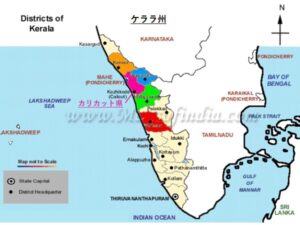
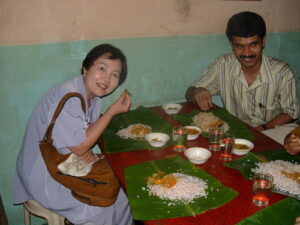
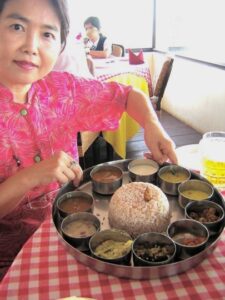
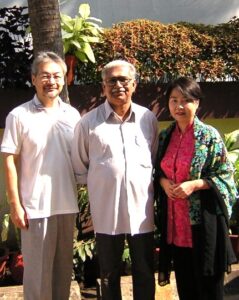



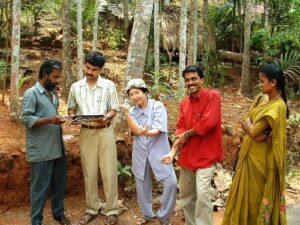
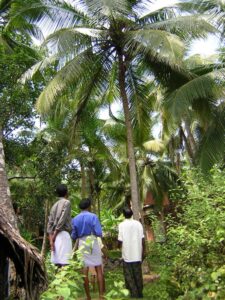





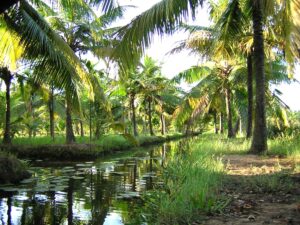

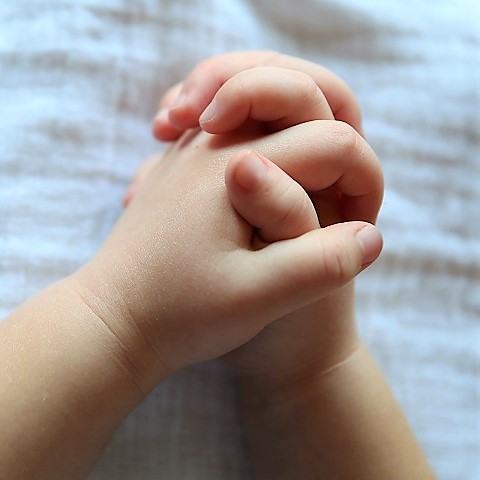
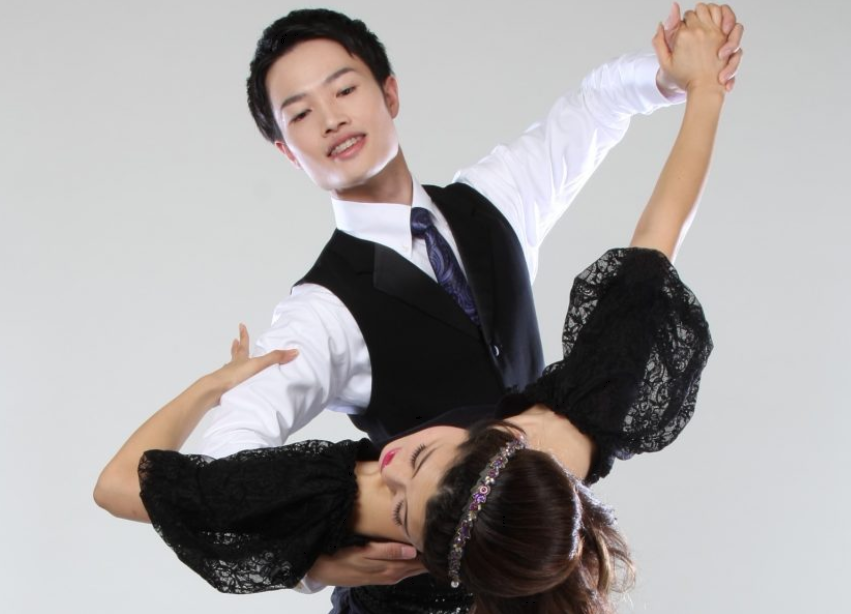

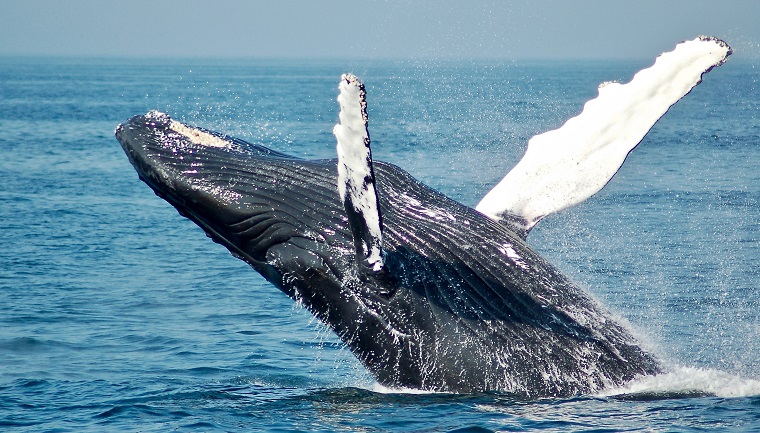
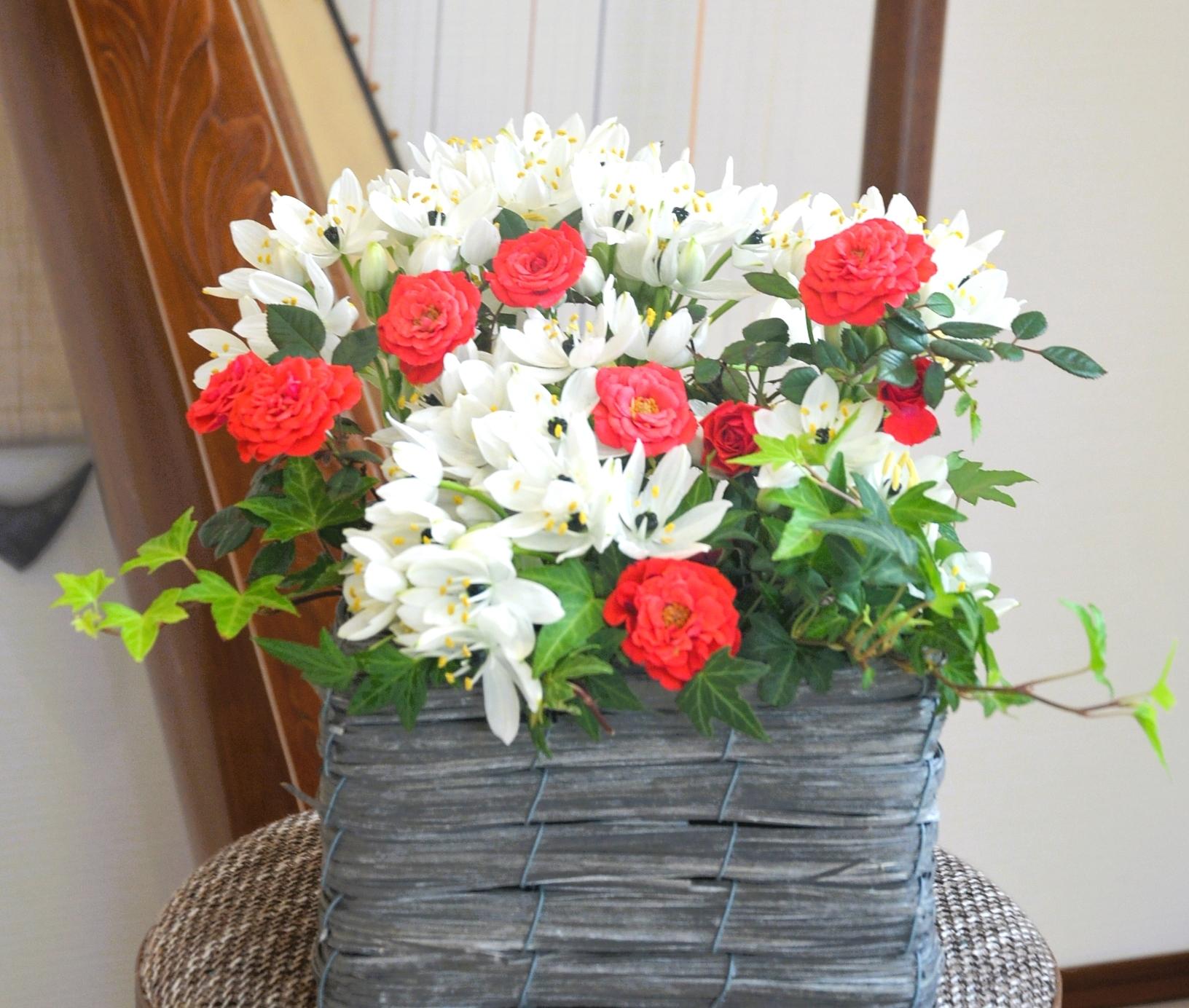
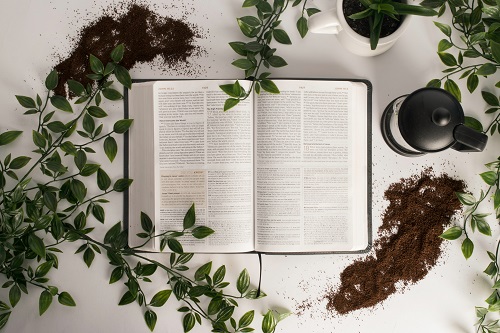
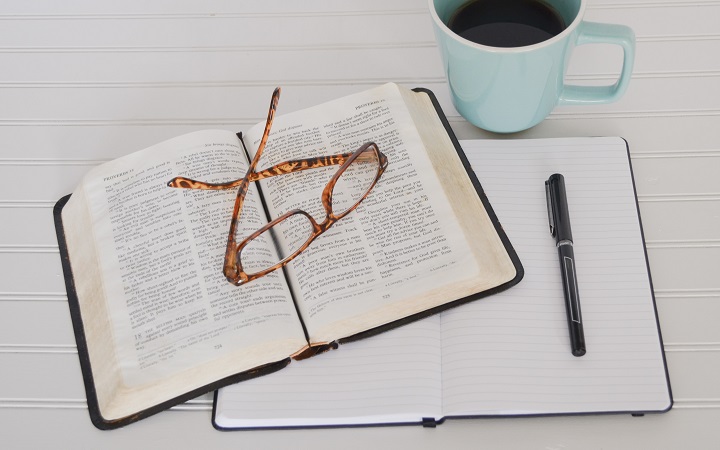
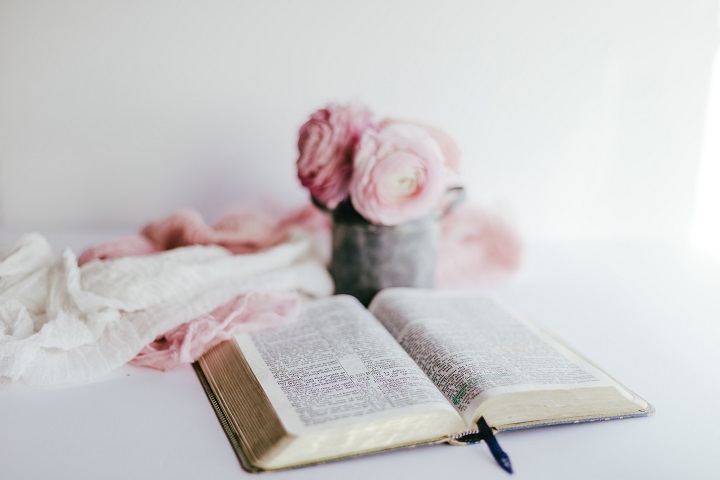
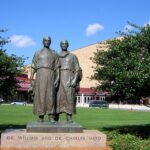






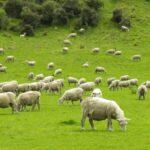



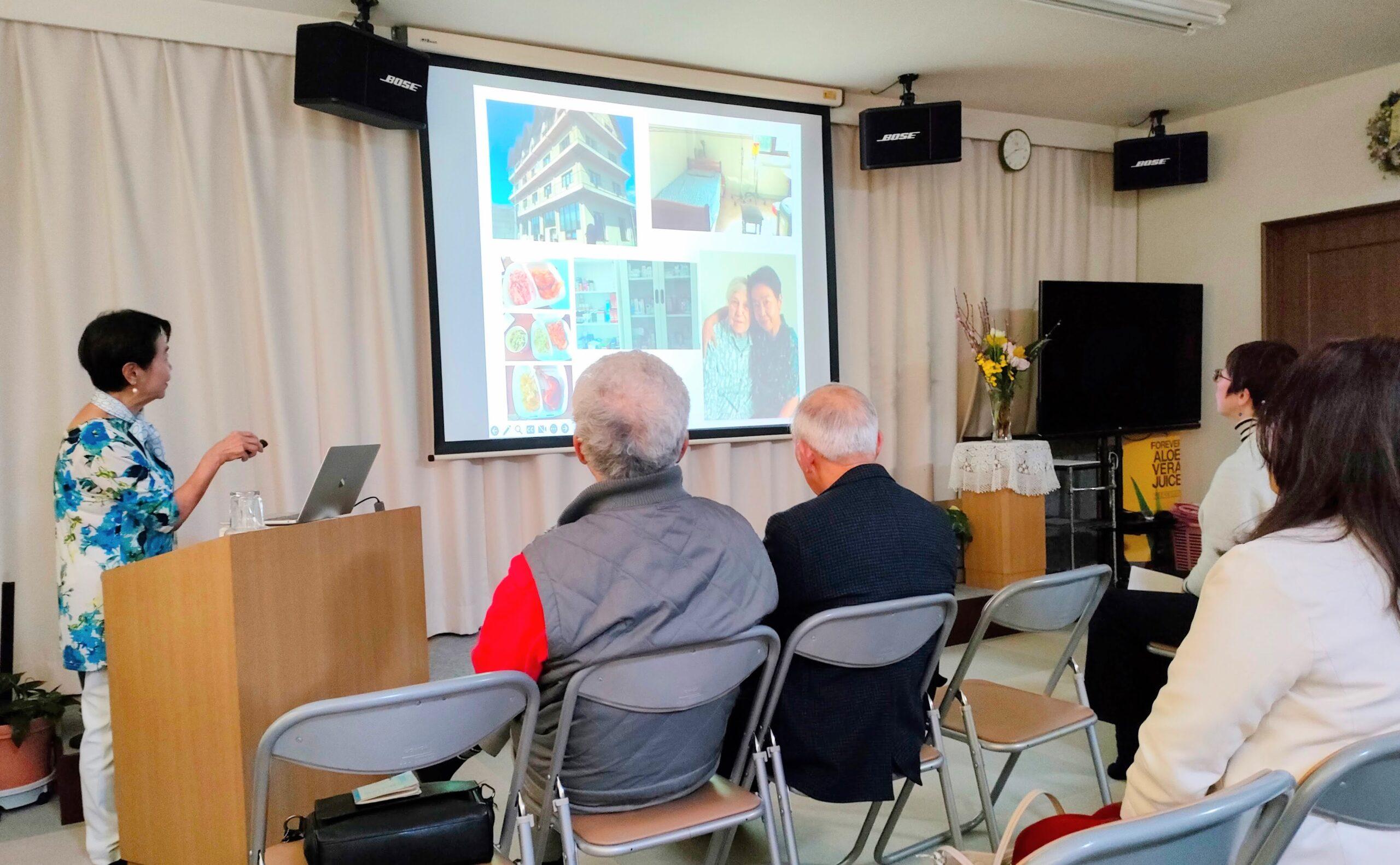
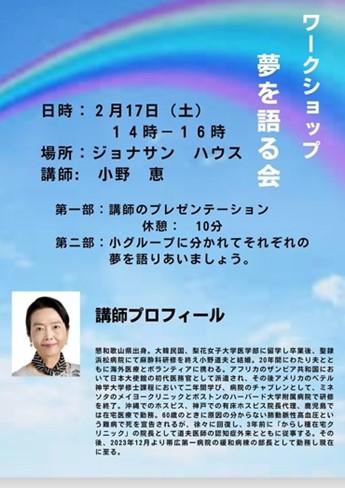
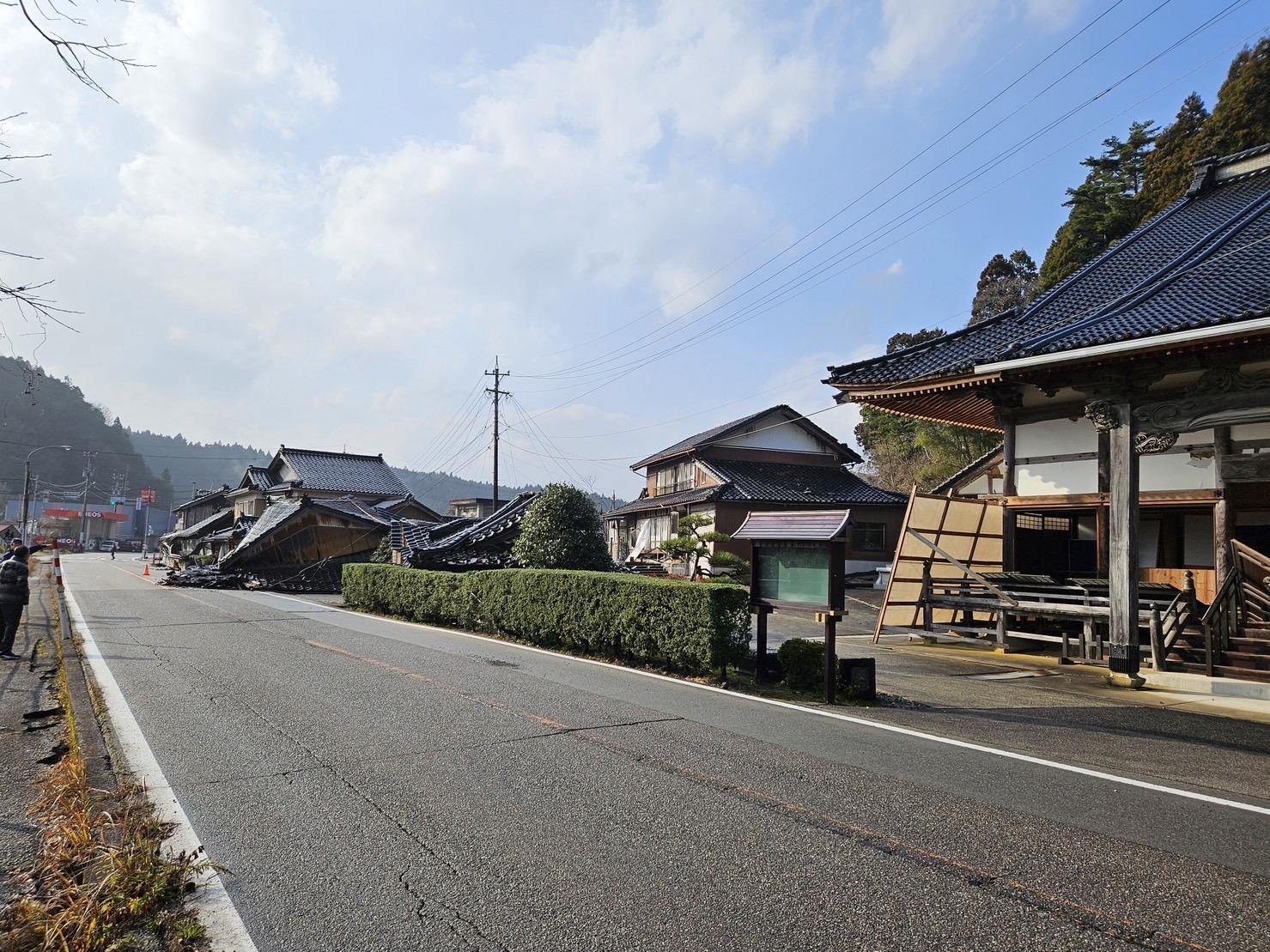
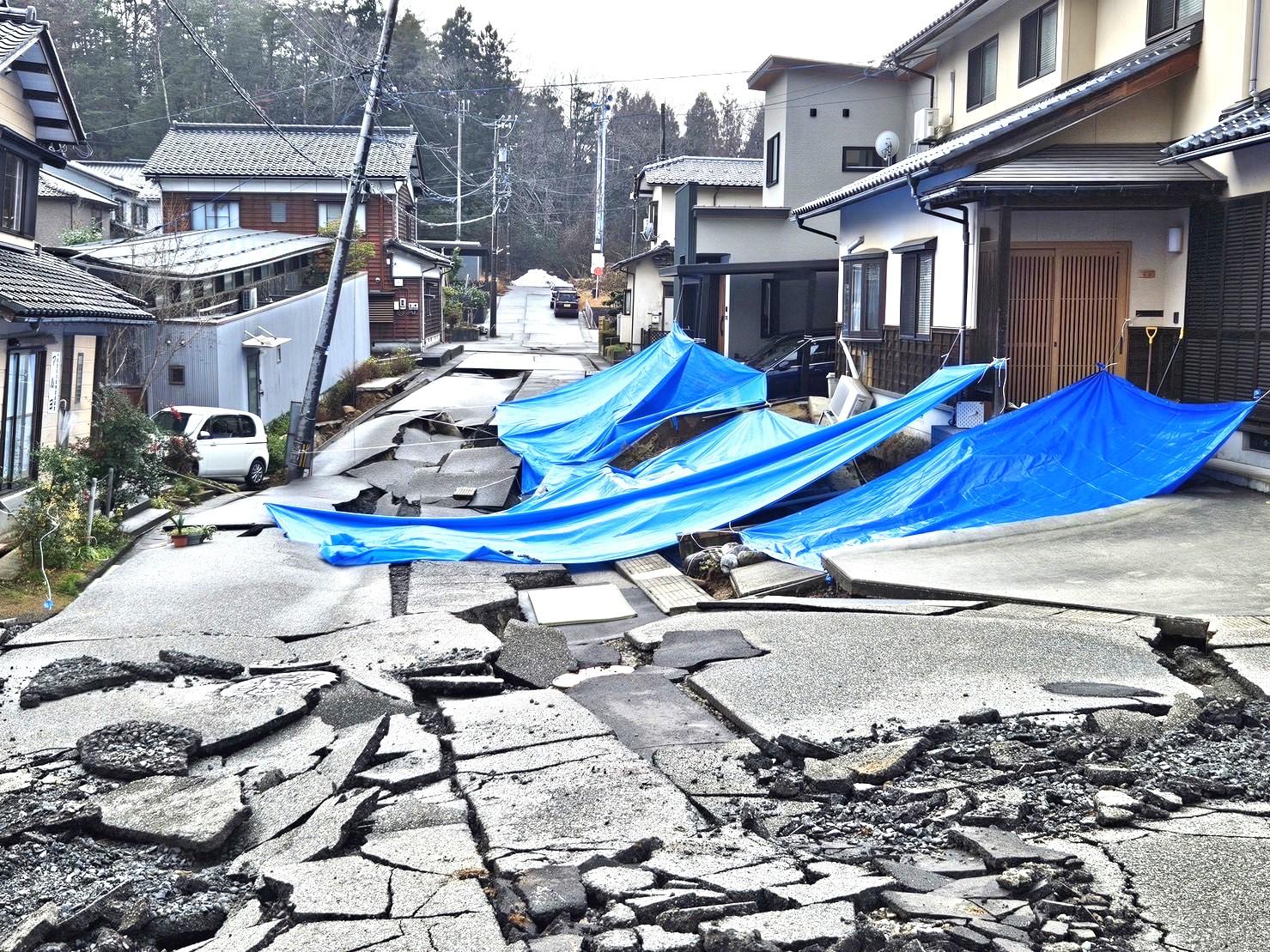
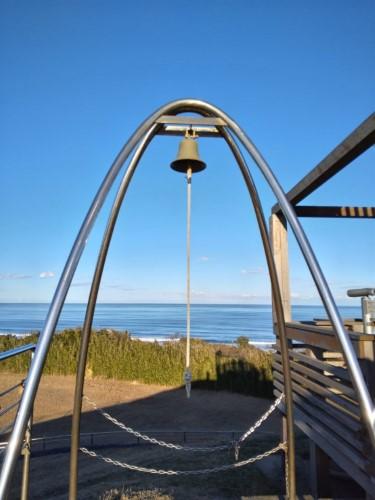
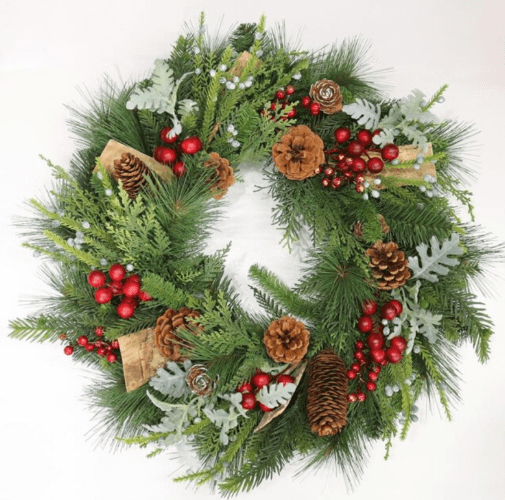
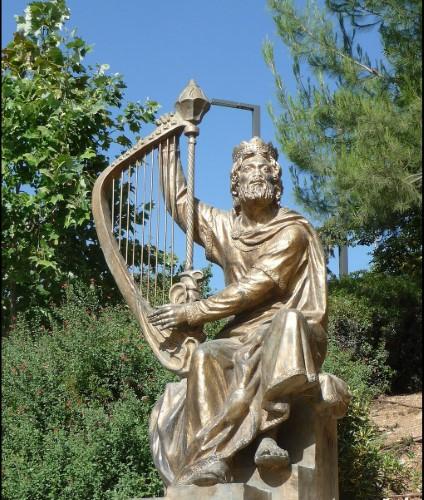
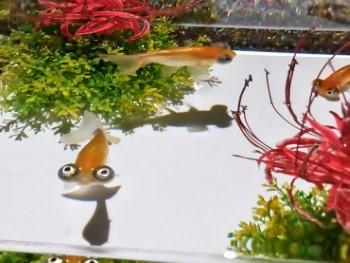
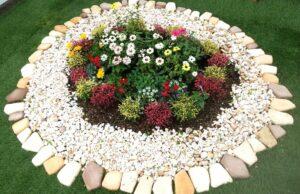
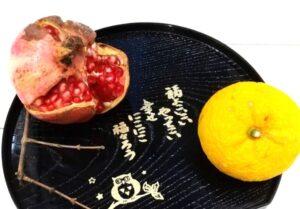

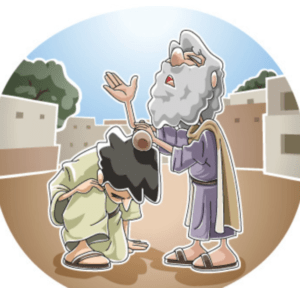
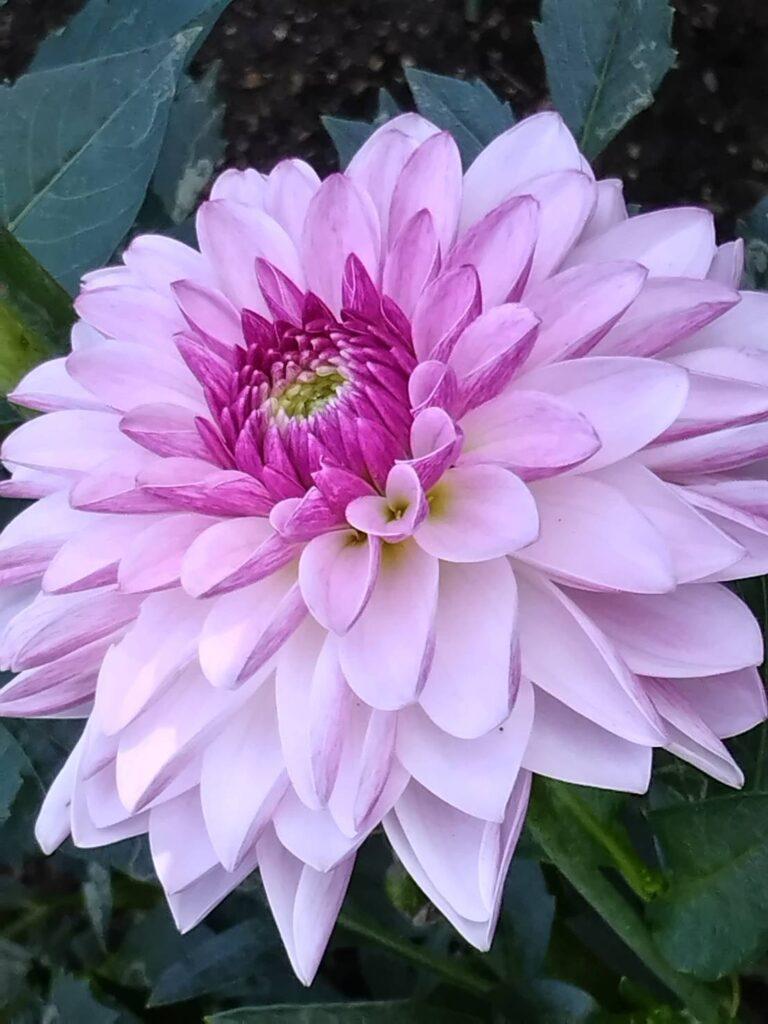
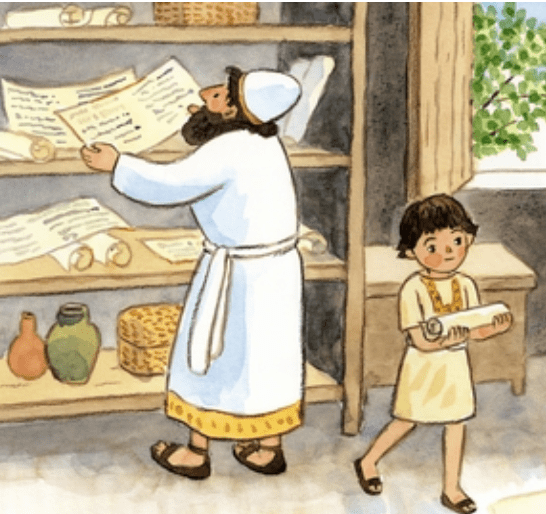
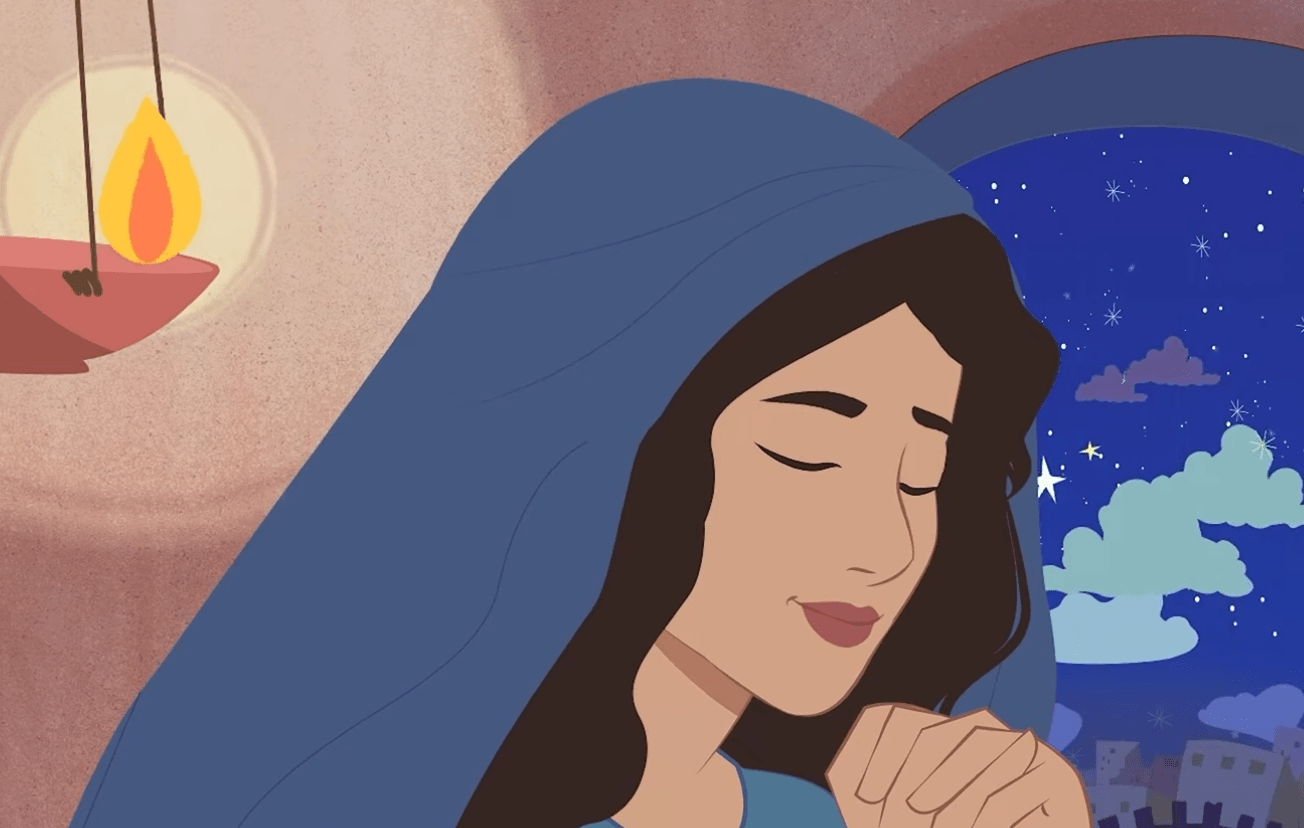
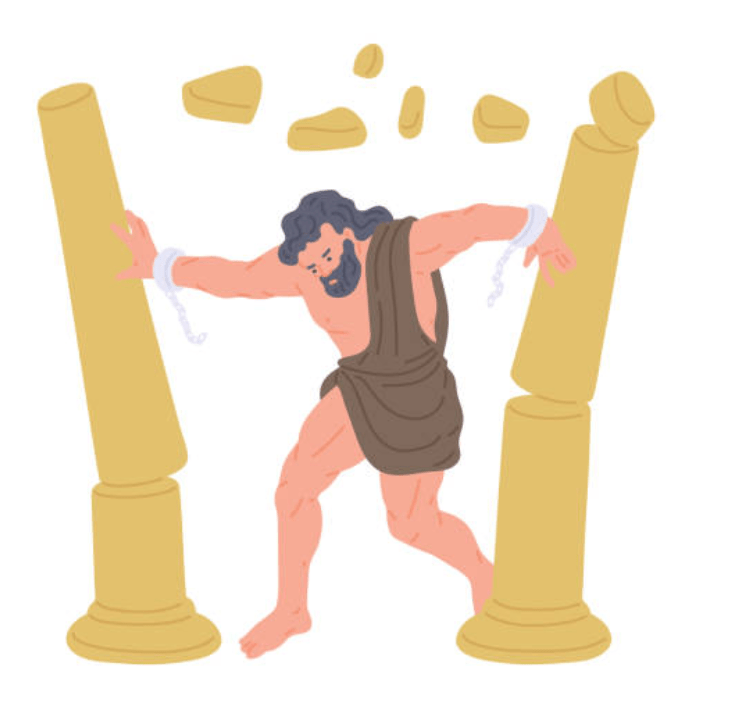
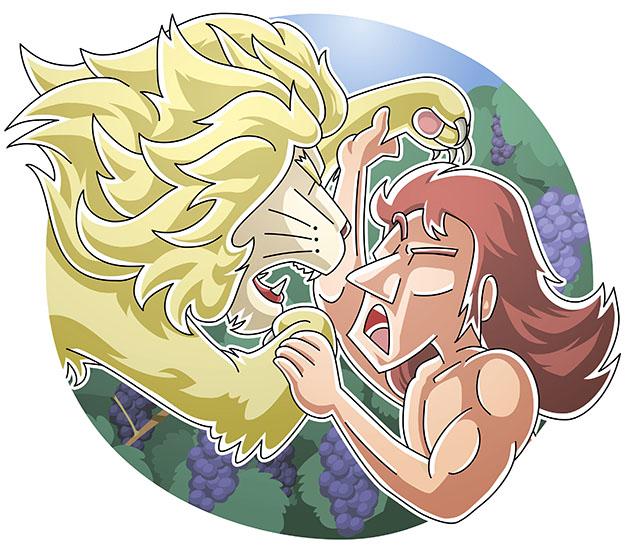
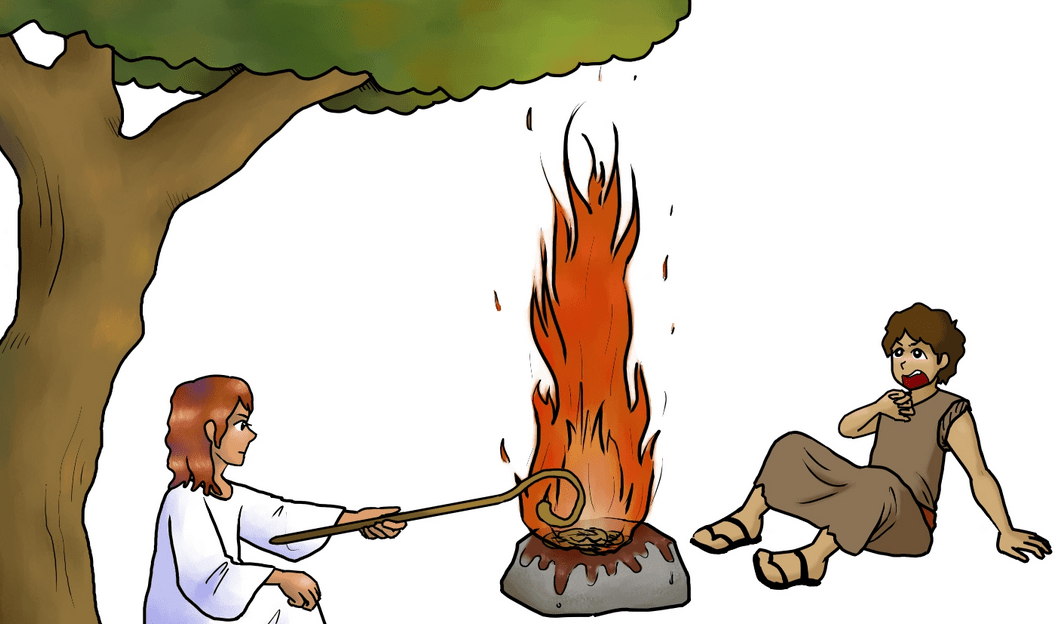
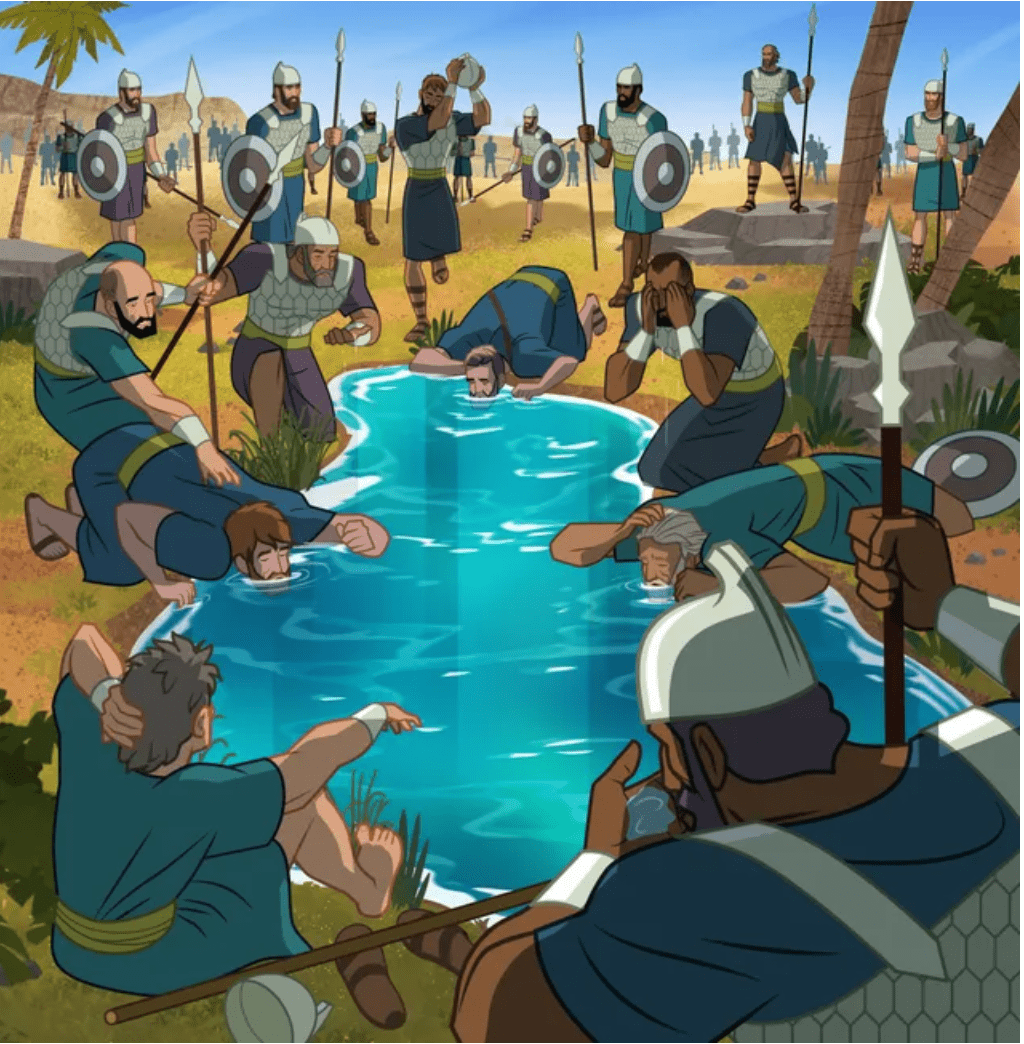
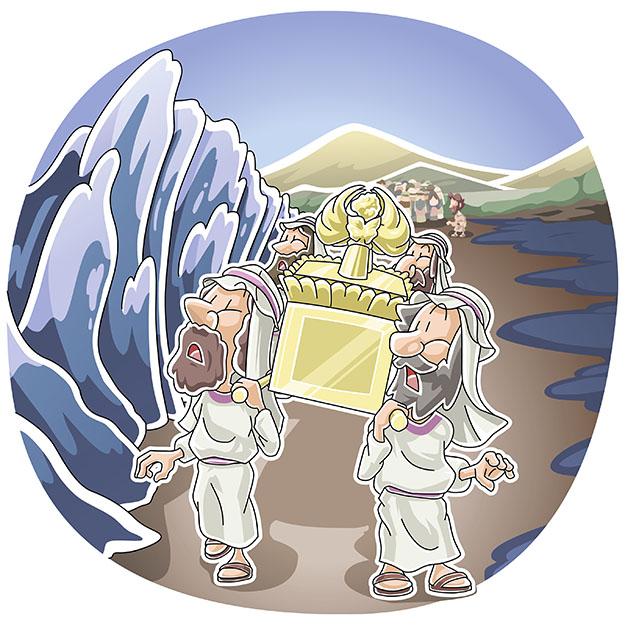
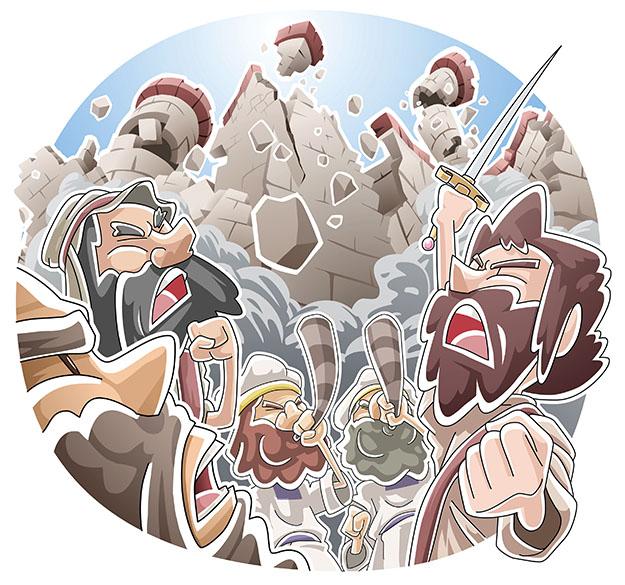
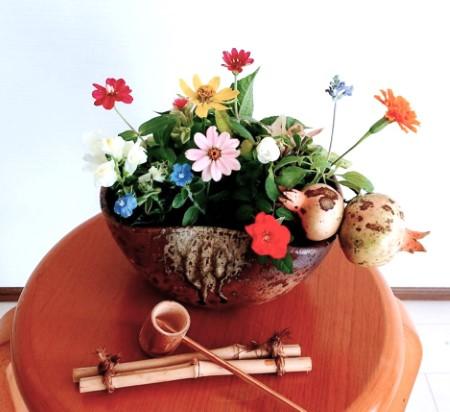
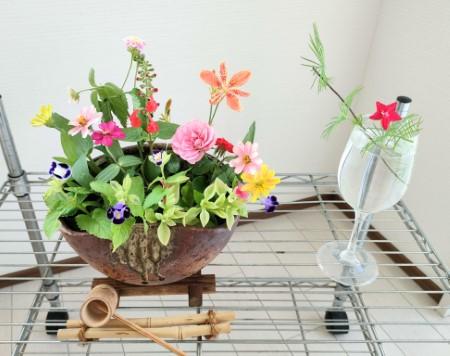
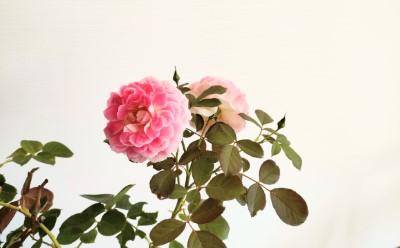
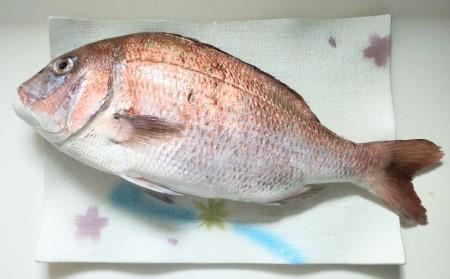
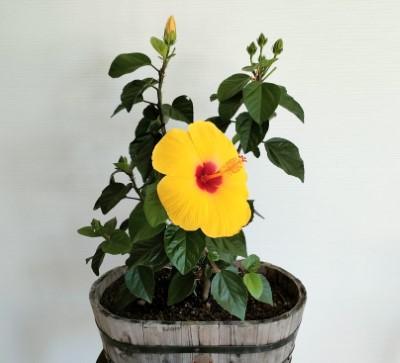
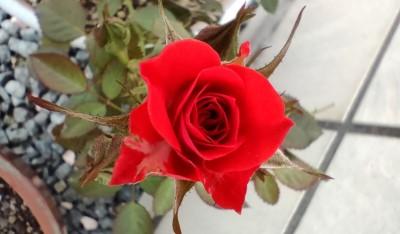
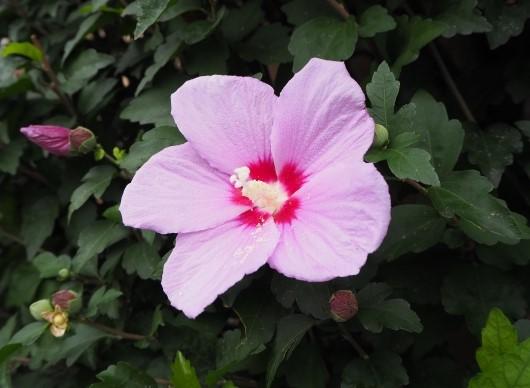
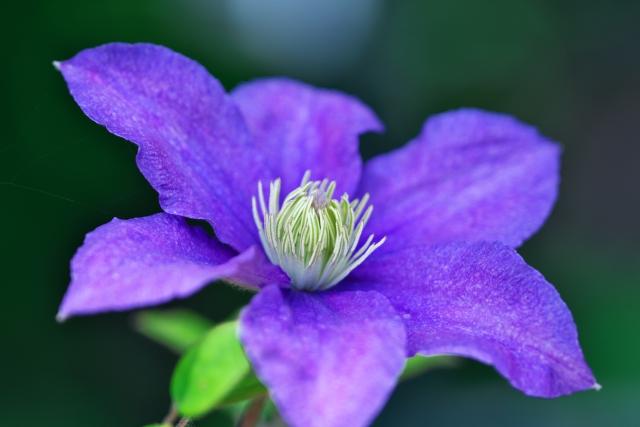
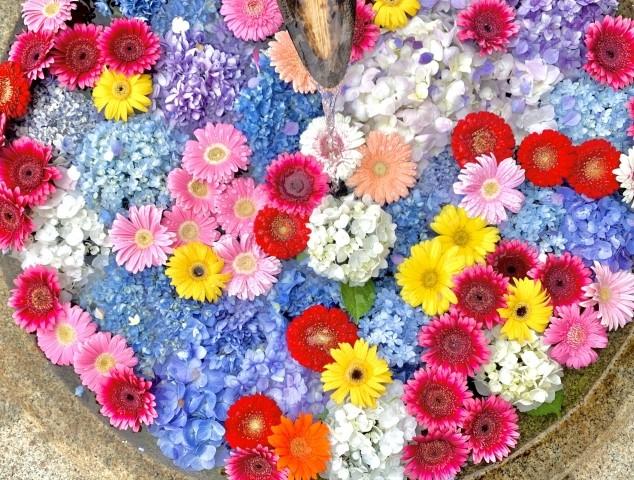
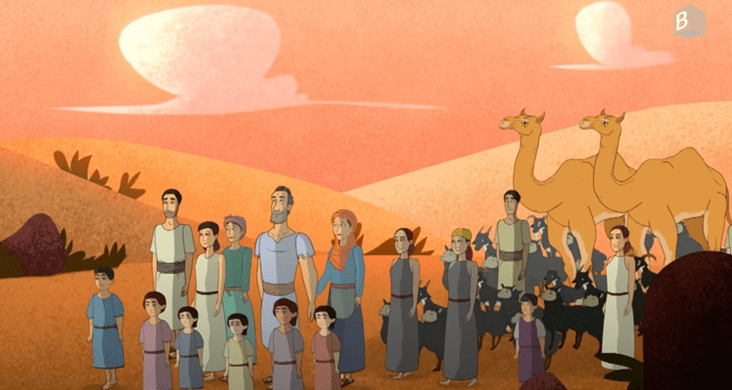
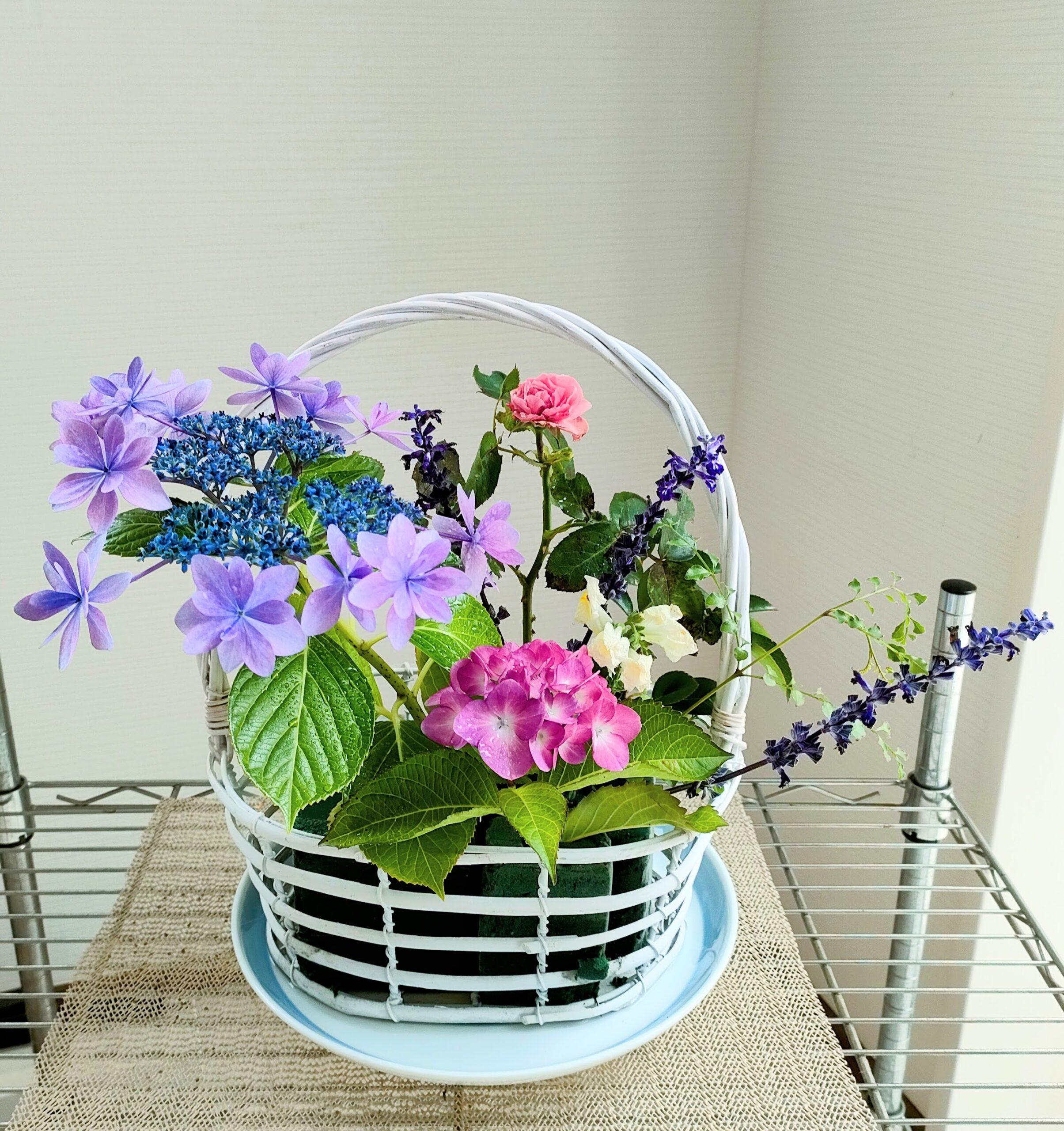
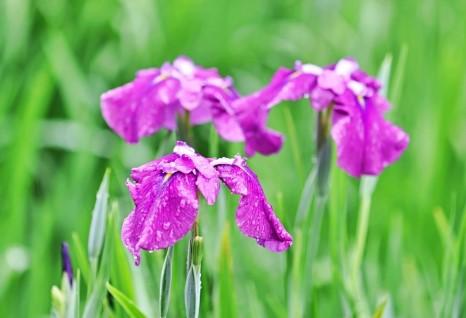
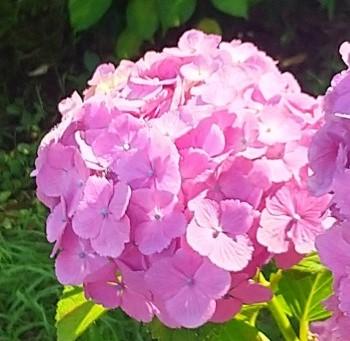
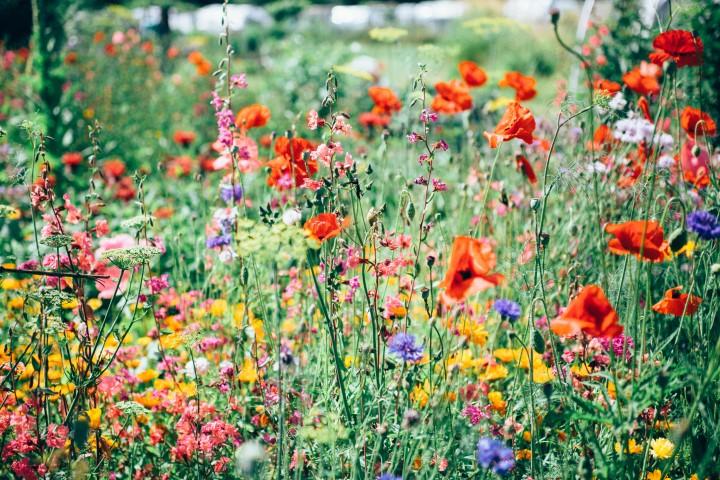
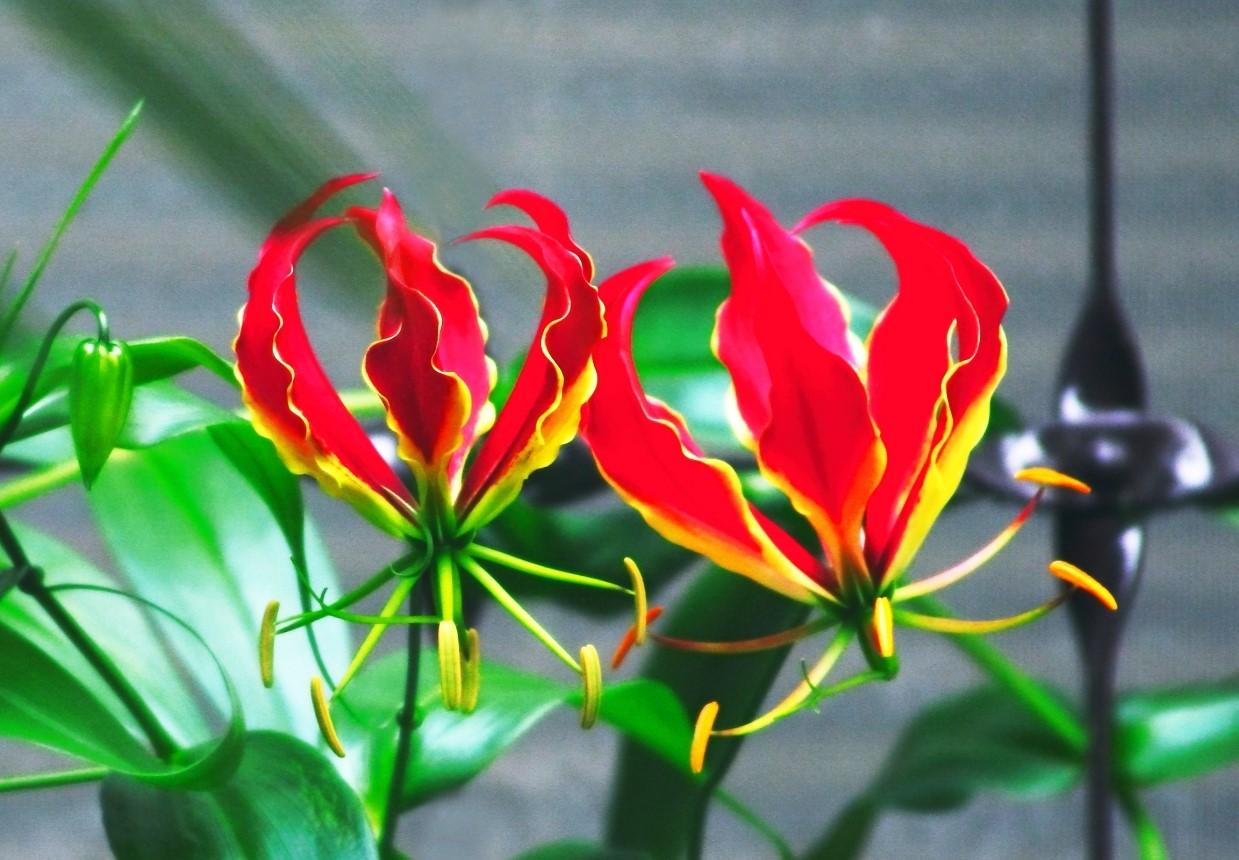
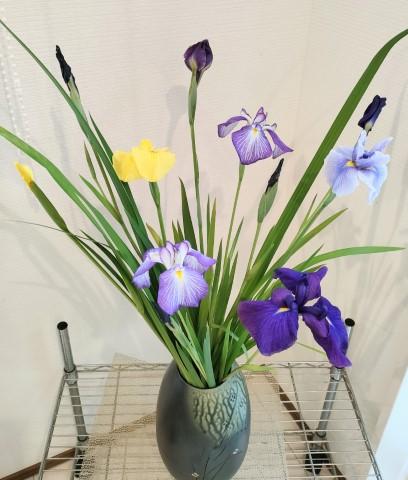
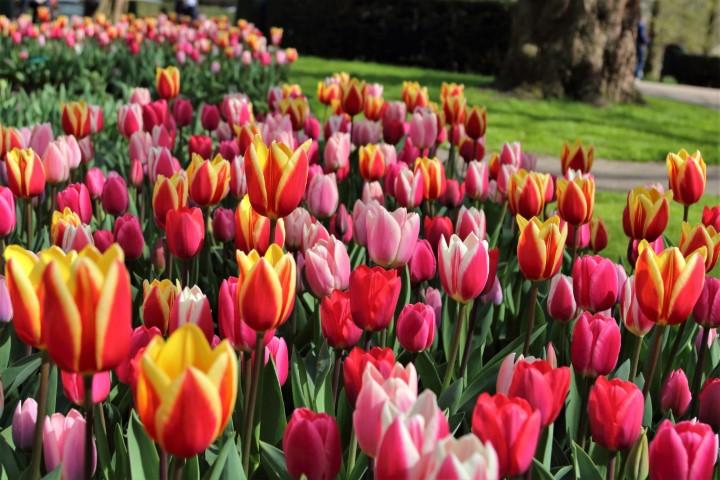
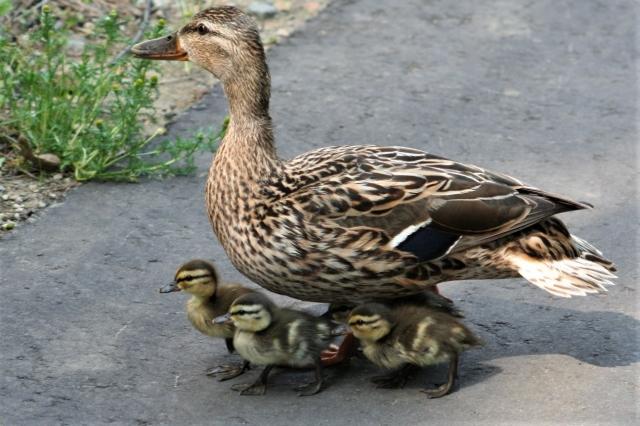
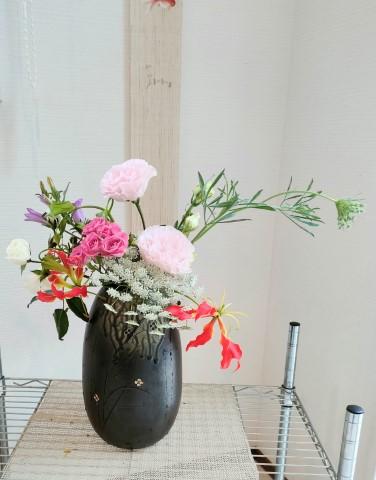
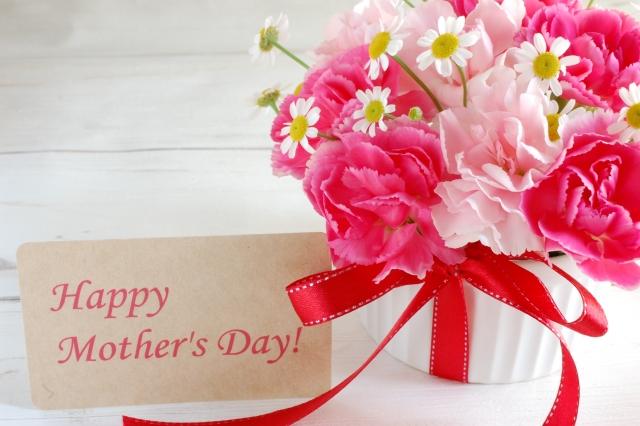
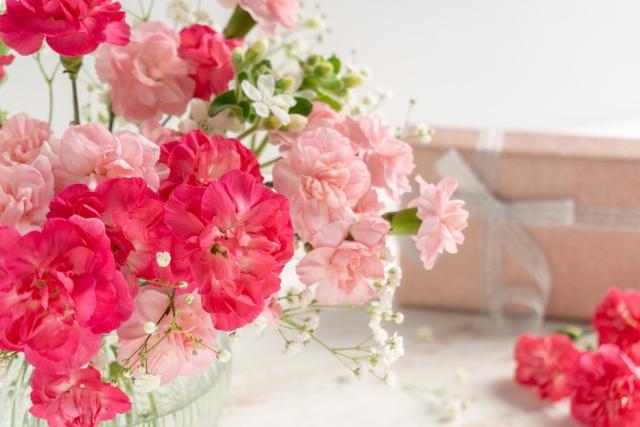
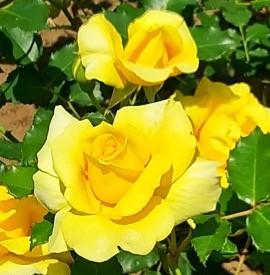
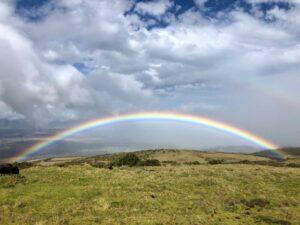

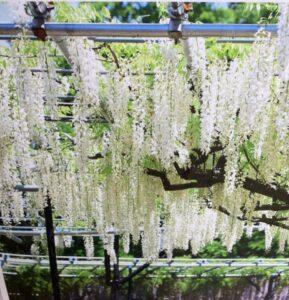
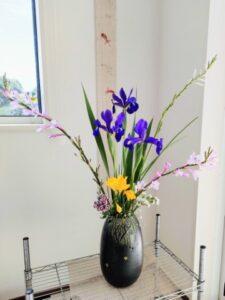

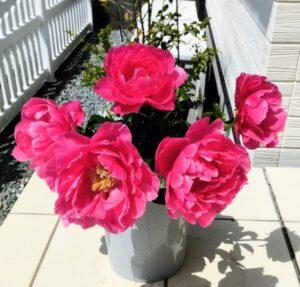
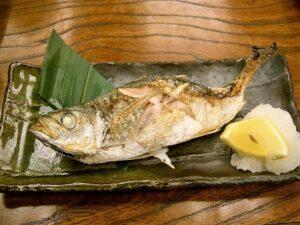
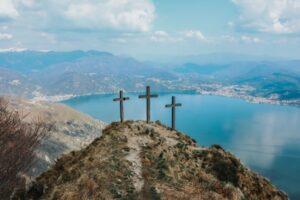
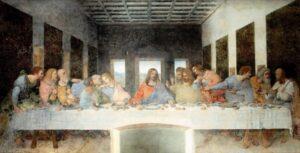
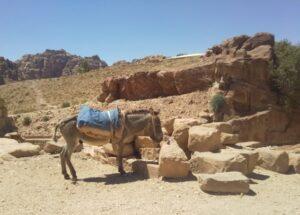


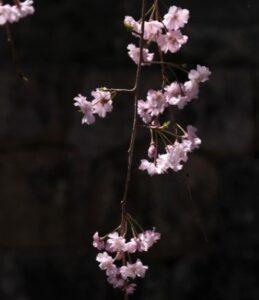
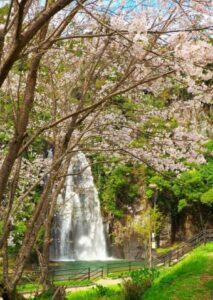
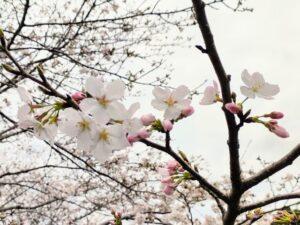

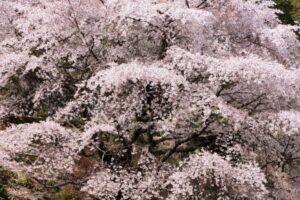
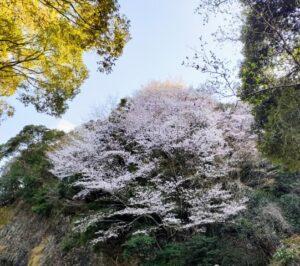
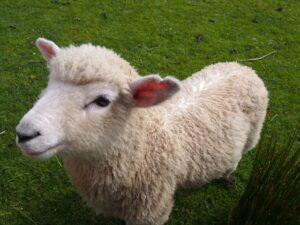
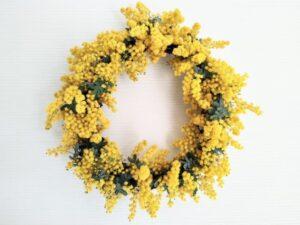
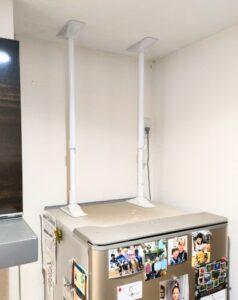
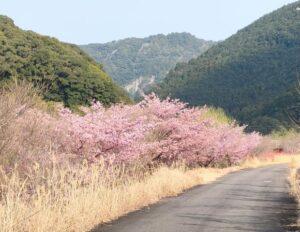
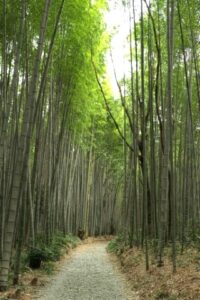
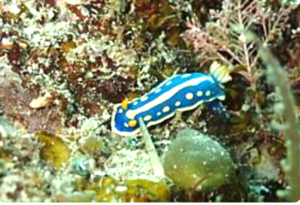
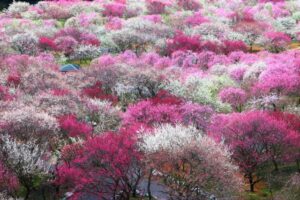
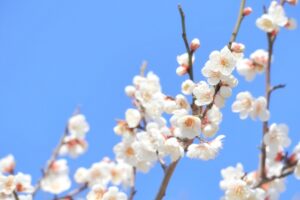
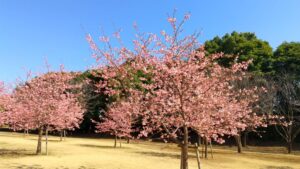

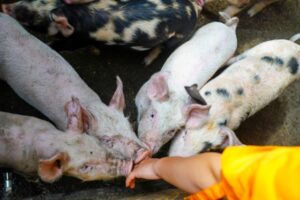
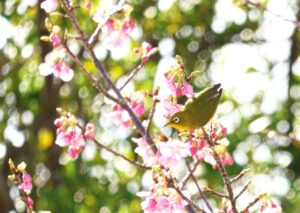

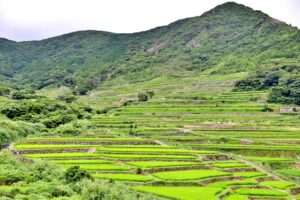
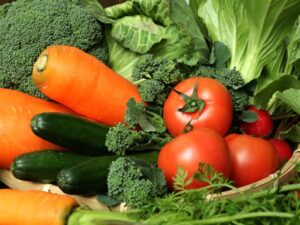
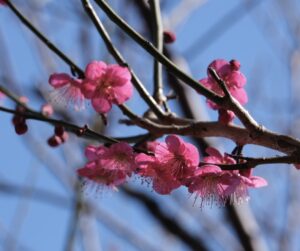
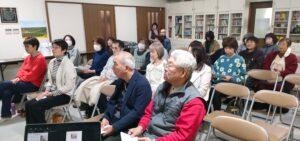
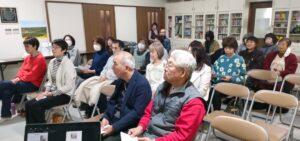
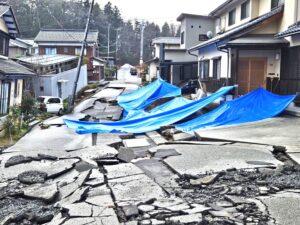
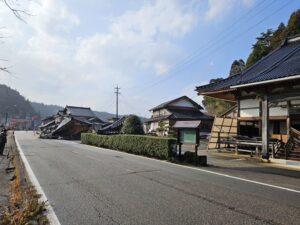
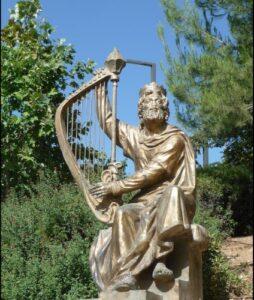

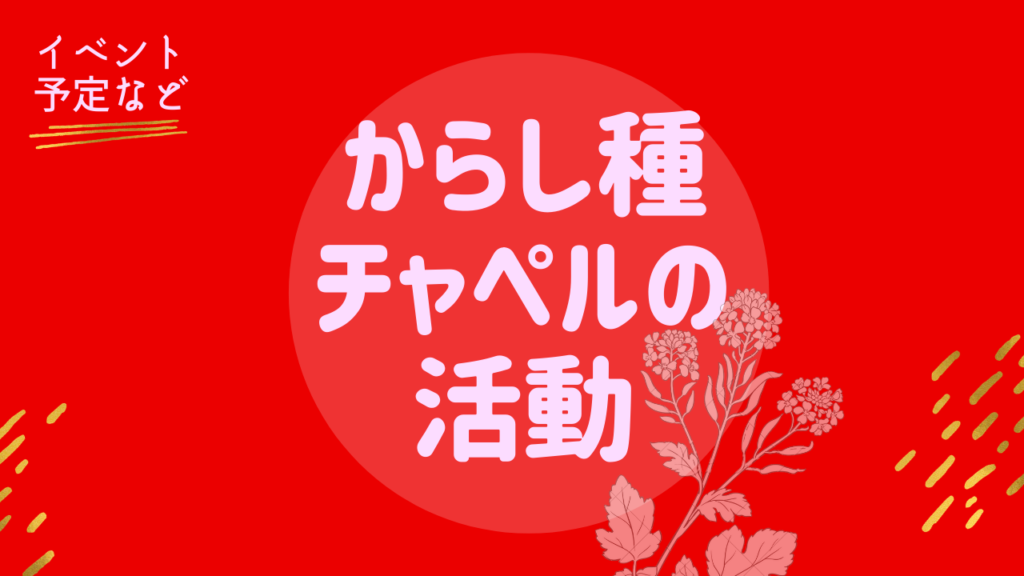 からし種チャペルの活動に関しては、ここからお入りください。皆様のご参加をお待ちしています。
からし種チャペルの活動に関しては、ここからお入りください。皆様のご参加をお待ちしています。